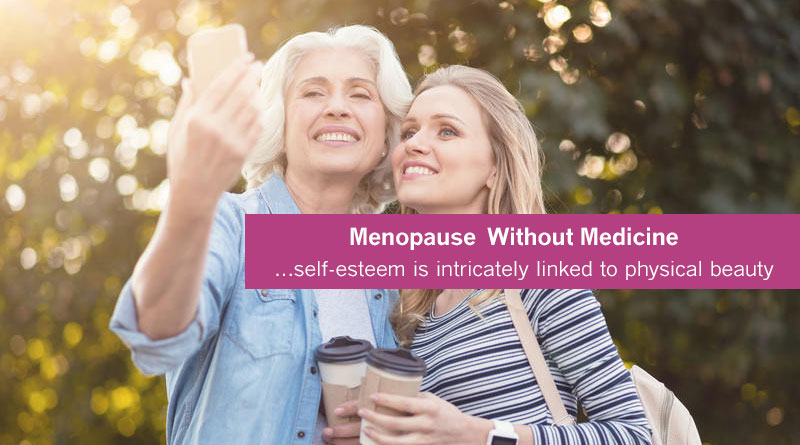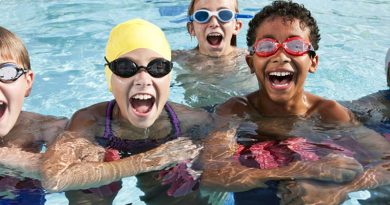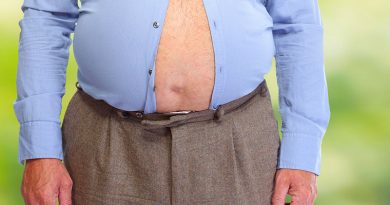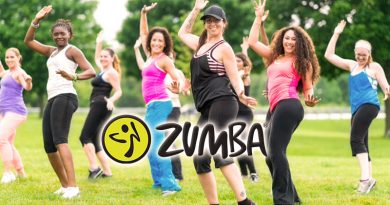Menopause without Medicine (Pt 3)
With the advances of modern medicine making the possibility of life after menopause as long as prior to this period, entering these years is critical.
Menopause without Medicine (Pt 2) – CLICK HERE
This is a time many women re-discover themselves, embark on a new career, travel, engage in a project, write a book, learn a foreign language or take on the challenge of some physical feat (e.g. the Senior games) to make the journey worthwhile.
Self-Esteem
According to Dr. Linda Ojeda, women who define themselves by their bodily functions (menstruation, pregnancy and motherhood), those who have suppressed their personal growth for their children or whose self-esteem is intricately linked to physical beauty, face the most difficult adjustments and often become depressed, narcissistic or experience sexual problems.
As the big “M” approaches, we lose collagen and elasticity, and the skin is less moisturised. Beware of estrogen supplements that can plump the skin, but have side effects such as skin discoloration, rash and hair loss!
During the (varying) duration of menopause, changes in skin and hair are often evident, especially if you’ve been living in the fast lane – smoking, drinking staying up late, consuming nutrient void foods – plus excessive sun exposure for fairer skins.
These will all have a destructive effect on the body. Some women develop acne, age spots and uneven skin tone. However genetics and, to, a large extent, lifestyle plays a key role in slowing the aging process.
Rose Water or Mineral Water
To combat these undesirable effects, a number of natural skin methods can be used. California-based natural skincare guru Vera Brown recommends a glycerin-based soap (or a coconut-oil liquid cleanser) to deep clean the pores. Apply aloe gel, alone or with a few drops of lemon juice, to freshen skin. Next, rehydrate the skin with a facial mist, which can be with minerals and rose water or mineral water alone) – especially helpful for fine lines.
Coconut oil is revered for its high emollience and anti-bacterial and anti-fungal properties. This is a good all-round beauty treatment for skin and body – best used immediately after showering. However there are a host of other oils (some highly priced) available that stem the ravages of aging – wheat germ, sesame, almond, apricot kernel, moringa seed oil, pomegranate oil and Argan oil. Of note, African-derived Shea butter acts as a sunscreen, and never expires.
Skin Nutrients
While topical application has its merits, what we feed our bodies INTERNALLY is even more critical. Ensure you consume healthy fats like avocados, flaxseed oil, sunflower seeds, walnuts, and these will go a long way in restoring elasticity.
I can’t overemphasise the importance of hydration for healthy, youthful skin (alkaline water preferable, but, if not, at least a high quality filtered water).

The “ACE” vitamins are potent antioxidants. Vitamin A promotes and maintains soft skin, and prevents dryness. Vitamin C promotes healing, and is essential for building collagen, while Vitamin E maintains healthy cellular functioning within the muscles.
B Vitamins support tissue repair and a healthy nervous system, improve circulation and regulate body secretions. B6 assists in the use of DNA and RNA, essential for cell rejuvenation. Niacin improves circulation and lowers cholesterol, and maintains healthy skin, gums and digestive tissues.
Essential Fatty Acids (EFAs) lubricate skin and hair, guarding against dandruff, hair loss and skin dehydration. Iodine is vital for regulating the thyroid, which is responsible for lustrous skin, hair and nails. Finally, a deficiency of iron, essential for blood formation, can result in dry skin.
Hair Horrors
Poor quality nutrition can cause sudden hair loss, dry or oily hair (excess animal fat), so by eliminating these foods, we can bring the body back into balance. Dry hair, therefore, improves with foods rich in Vitamin B, E and A, and two teaspoons of coconut or hemp oil. You can also add high-quality protein, avoid junk or processed foods (empty calories), and supplement with iron and zinc.
Fasting and dieting can also cause hair thinning, so during menopause, stepping up vitamin and mineral intake is highly advised. Just be careful to select natural sources. Vegetarian women need to be especially on guard since they will be deficient in the amino acid methionine. Birth control pills have also been linked to hair loss. If, for some reason, you are on hormonal drugs (strongly advised against), be sure to boost your intake of sulphur, B- vitamins and zinc.
While menopause often brings hair loss, it can equally produce facial or chest hair, which can simply be bleached with lemon juice or peroxide. Instead of waxing, a less harsh, natural depilatory made from a combination of sugar and herb can do the trick.
Banish Bloating – CLICK HERE
The nutritional recommendations provided above do NOT discount the role of exercise in healthy skin and aging. A strenuous work-out will boost circulation, enhance nutrient absorption and stimulate production of vital collagen. Plus, it’s a great stress buster! Of course, it’s always best to select a physical activity you enjoy, so you’ll keep it up – walking, gardening, swimming, dancing etc.
Finally, be mindful of how your facial expressions may be contributing to lines and wrinkles! If you spend a lot of time squinting, scowling or frowning, these habits WILL create permanent facial marks. There are specifically designed facial exercises, which can be found online, that can regenerate your face and maintain a youthful appearance. If you commit to practising them, you’ll be amazed at the difference!
Women Over 40, Natural Anti Aging Shortcuts For You – CLICK HERE




